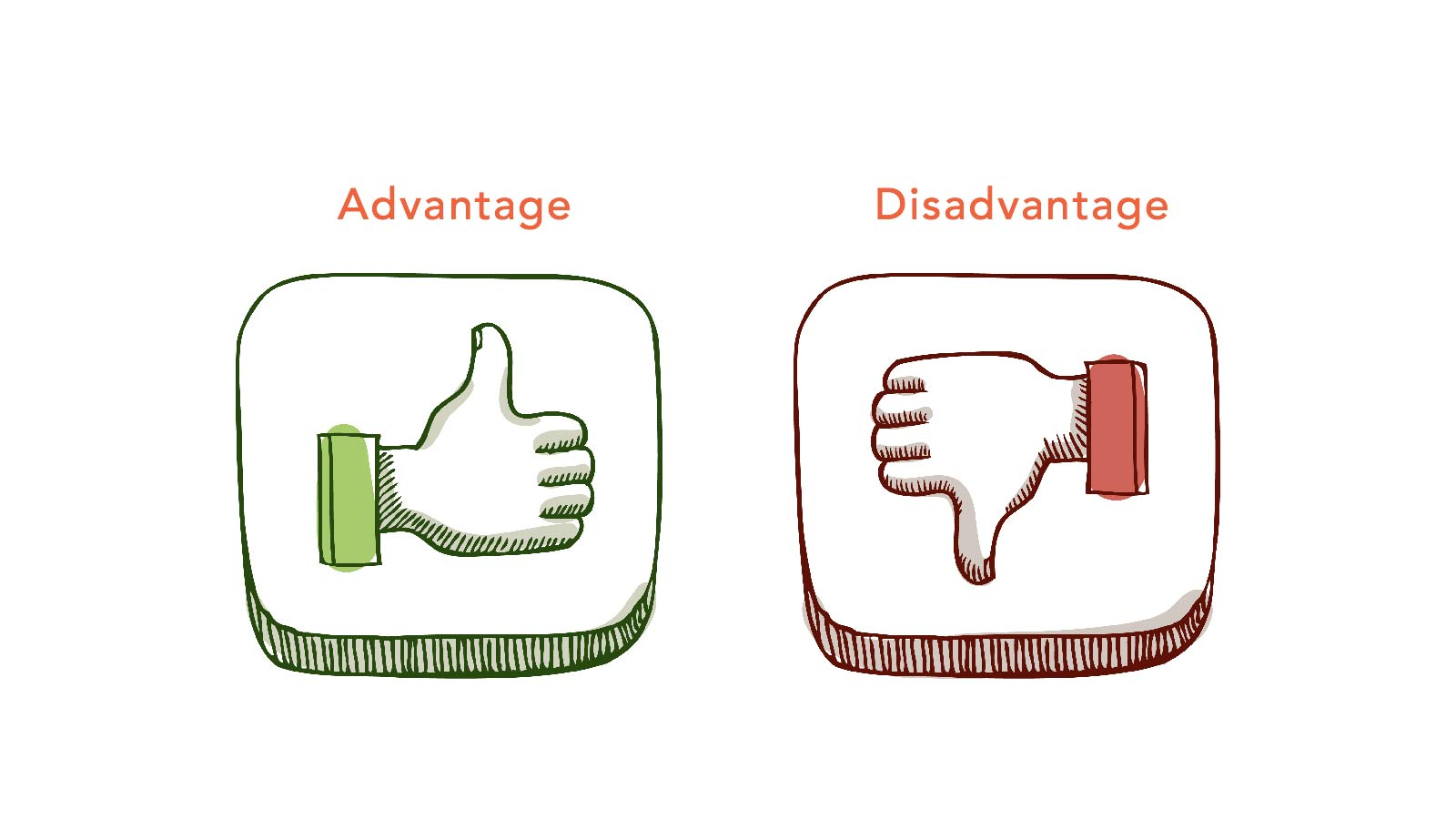Banks stand because the cornerstone of cutting-edge economies, serving as economic intermediaries that facilitate the go with the flow of finances between savers and borrowers. whilst they provide a plethora of advantages, their operations aren’t devoid of drawbacks. on this discourse, we delve into the dichotomy of blessings and downsides related to banks.

blessings:
economic Intermediation: Banks play a pivotal function in facilitating economic transactions between savers and debtors. by way of accepting deposits from individuals and establishments, banks pool funds and extend credit to companies and individuals in want. This process stimulates economic pastime and fosters growth.
Liquidity Provision: Banks provide liquidity through supplying depositors with access to their funds on call for through various way which includes checking debts, ATMs, and online banking systems. This liquidity provision guarantees people and corporations can meet their economic duties promptly.
credit score advent: through the system of fractional reserve banking, banks have the ability to create credit. whilst banks lend out a portion of the deposits they preserve, they efficaciously boom the cash supply, as a consequence stimulating monetary activity and funding.
risk Diversification: Banks appoint various threat control strategies to diversify their portfolios, thereby mitigating the effect of capability losses. via spreading risk throughout various assets and investments, banks can face up to detrimental financial conditions more correctly.
financial services: Banks provide a wide array of economic services, including savings and checking money owed, loans, mortgages, funding possibilities, and financial advisory services. these services cater to the various wishes of people and groups, enhancing their monetary properly-being and facilitating wealth accumulation.
disadvantages:
ethical hazard: The life of deposit insurance and authorities bailouts can create ethical threat, as banks can also have interaction in riskier conduct understanding that they may be protected from failure. This moral threat can cause immoderate risk-taking and make contributions to economic instability.
Overreliance on Debt: Banks more often than not generate earnings via extending credit inside the form of loans. but, excessive reliance on debt can cause debt overhang, in which debtors come to be burdened by high levels of debt, doubtlessly main to defaults and monetary crises.
Systemic chance: Banks are interconnected entities in the economic system, and the failure of a unmarried institution could have cascading outcomes, main to systemic hazard. This interconnectedness amplifies the ability for monetary contagion and poses a danger to the stableness of the whole financial machine.
monetary Exclusion: regardless of their widespread presence, banks may also inadvertently make a contribution to economic exclusion via imposing stringent eligibility criteria for certain economic services and products. This exclusionary exercise can perpetuate socioeconomic disparities and restriction get admission to to essential monetary sources for marginalized communities.
rate systems: Banks often fee costs for diverse offerings, along with account preservation, overdrafts, and ATM utilization. those costs can disproportionately have an effect on low-profits people and increase financial burdens, further exacerbating financial inequality.
In conclusion, even as banks serve as vital establishments within the international economic landscape, their operations entail both benefits and downsides. spotting and addressing those dualities is vital for fostering a resilient and inclusive monetary device that promotes monetary stability and prosperity for all.
Read more.. How to Keep Your Online Banking Safe and Secure
Read more.. The Best Travel Rewards Credit Cards In 2023





